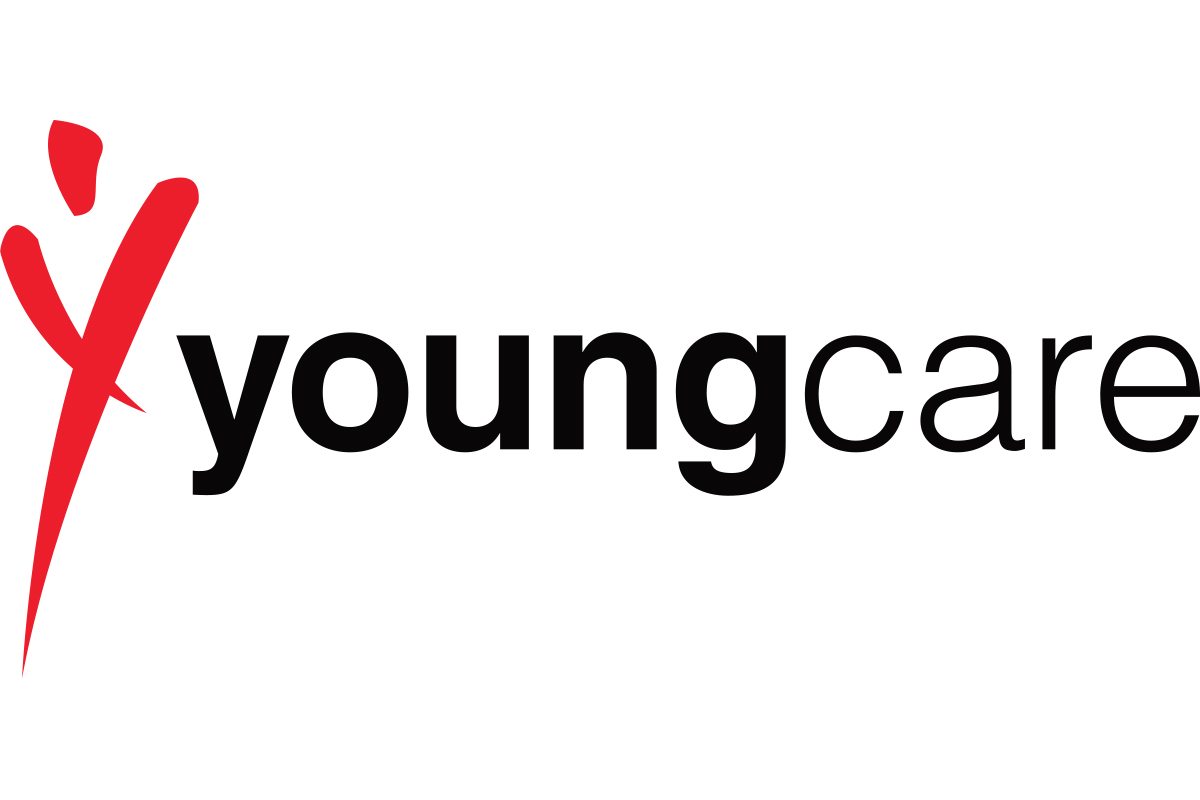Most Australians are naïve about where they could live if they required around-the-clock care, a new survey from Youngcare has revealed.
The survey of 1000 people across the country revealed most Australians believed they could live with their peers in a rehabilitation facility or stay at home with support.
But Youngcare CEO Samantha Kennerley said the reality for young people with a profound disability needing 24/7 care is more likely residential aged care.
“Only 20 per cent of Australians realised the stark truth they could potentially be faced with – having to resort to living in aged care due to the lack of suitable housing options,” Mrs Kennerley said.
“Aussies have a wonderful laid-back ‘you’ll be right’ attitude to life but this is one issue we can’t afford to be relaxed about.
We are all only an instant away from having to deal with the reality of a life that requires care and support 24 hours a day, but as a whole, we are so under prepared to deal with this possibility because it is a topic rarely discussed.
“It can cost up to $100,000 to modify a home to suit a young person with a severe disability but 70 per cent of us couldn’t afford that.”
More than 7,000 young Australians with high care needs woke up this morning in an aged care facility, unable to access specialist disability services including rehabilitation, and specialised equipment.
A further 700,000 are being cared for at home by loved ones, often with very limited support, and no clear certainty about where they will live as their carers age.
“The survey also revealed most Australians believe disease is the leading cause of long-term, high-care disability but actually accident and injury are the main reasons,” Mrs Kennerley said.
Brisbane resident Julia Agostinelli was diagnosed with multiple sclerosis at 23, but when her condition began to deteriorate in her 40s, doctors told her she could no longer live independently and would have to move to a nursing home.
“My doctor told me there was nowhere else for me to go,” said Ms Agostinelli.
“I was left in there for years, lost in a system that had no alternative for people my age.
“It was hard enough coming to terms with my body’s deteriorating health, but to have to spend my days in a regimented nursing home with little stimulation and activity was very difficult.”
Julia was determined to not remain in aged care and after years of searching for an alternative, managed to secure a spot at Youngcare’s Sinnamon Park apartments.
“I felt like I had won the lottery – my life was completely transformed!” Ms Agostinelli said.
“My independence was back, I could socialise with people my own age and was able to go out and do things young people enjoy such as going to a movie, the art gallery or enjoying a picnic.
“I am one of the few lucky ones. I really feel for those still left in aged care. I don’t know what my mental state would be like if I was still there.”
Mrs Kennerley said that while the National Disability Insurance Scheme (NDIS) will provide young people with disabilities more choice in care, it would not solve the housing dilemma for your people requiring specialised homes.
“The shortage of housing for young Australians with significant impairment is endemic throughout the nation, and is the leading cause behind why over 7000 of them have had to resort to living in aged care,” she said.
“Developers, government, industry and the community need to work together to build, equip and support living environments that young people with high care needs would choose to live in comfortably and safely.
“Disability doesn’t discriminate, it can affect all of us in various ways, and we all need to contribute to helping make life easier for those most impacted, and solve this housing crisis for good.”
MEDIA CONTACT: Anita Jaensch, Sequel PR – 0403 090 911
Additional Survey Findings
- Most Australians (57.6%) do not know what the NDIS is.
- One-third (31%) of Australians know a relative, friend, colleague or neighbour under the age of 65 who has a disability and needs full-time care.
- About half of Australians (52%) said their family would not be able to look after them at home if they had a permanent disability and required full-time care.














